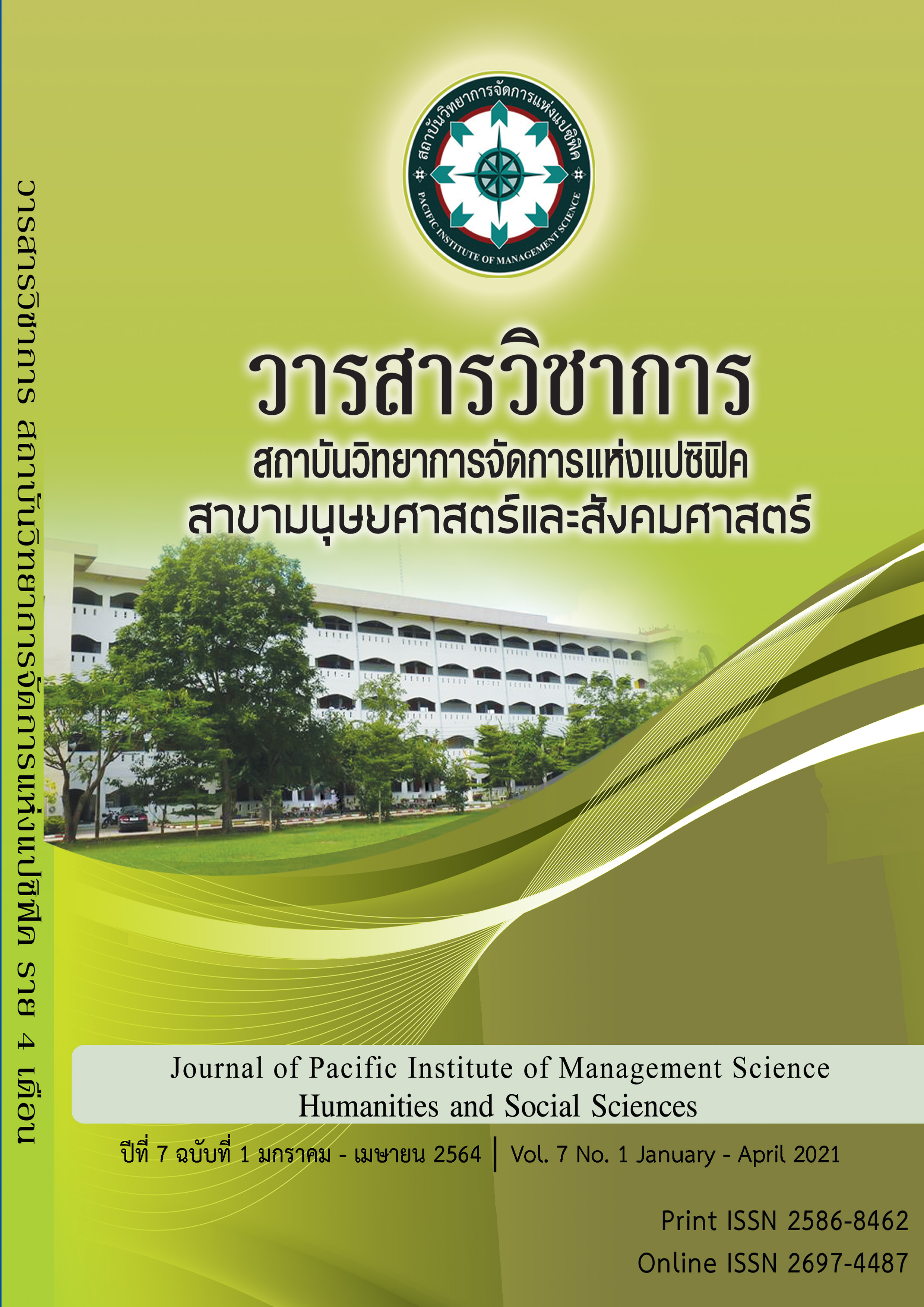Legal Issues in Juvenile Criminal Proceedings According to the Foundation of the Juvenile and Family Court Act, B.E. 2553
Keywords:
Legal issues, juvenile criminal proceedings, children and youthAbstract
This research aimed to study legal issues in juvenile criminal proceedings by considering the following problems : 1) the arrest of a child or juvenile convicted offense, 2) investigation of a juvenile offense, 3) lawsuit a juvenile case for a criminal offense. Qualitative research was used to study conceptual documents, theories, relevant legal documents both in Thailand and abroad. The research results revealed that legal issues in juvenile criminal proceedings according to the establishment of the Juvenile and Family Court Act B.E. 2553 were as follows : 1) In the arrest of a child or a juvenile who was charged with guilty must be done with tenderness. It was forbidden to use more control methods than it was necessary. In fact, investigators were required to detain all arrested juveniles on the grounds that were necessary to prevent their escape. 2) The investigation of juvenile crimes had to act in the right place but the law did not set clearly about the right place. It was the discretion of the inquiry official indiscriminately. 3) The lawsuit including the period since the juvenile was arrested, the maximum investigative time was ninety days, which were too long.
Therefore, the law should be amended as following 1) amendment of the Juvenile and Family Court and Juvenile and Family Judicial Procedure 2553, Section 69, Paragraph three : “The detention and control of youth must be done with tenderness by taking into account of the human dignity and not to humiliate children or youth and provide a separate detention room for juveniles from the non-juvenile offender detention room. Section 75, Paragraph 1” “The investigation of children and youth have to act in a specific place without mingling with other suspects or having other unrelated persons in the place by taking into account of age, gender, and state of the child or youth, and must use language and words that are easy for children or young people to understand as well as human dignity”. Section 78 “In case of necessity or there is any necessary reason for not able to sue a child or youth within a period of thirty days, the official or public prosecutor must submit a petition to the court for further action not more than fifteen days each time, but not more than two times”
References
ประมวลกฎหมายอาญา
ประมวลกฎหมายวิธีพิจารณาความอาญา
พระราชบัญญัติจัดตั้งศาลเยาวชนและครอบครัว พ.ศ.2553
Downloads
Published
Issue
Section
License
บทความที่ได้รับการตีพิมพ์เป็นลิขสิทธิ์ของ สถาบันวิทยาการจัดการแห่งแปซิฟิค
ข้อความที่ปรากฏในบทความแต่ละเรื่องในวารสารวิชาการเล่มนี้เป็นความคิดเห็นส่วนตัวของผู้เขียนแต่ละท่านไม่เกี่ยวข้องกับสถาบันวิทยาการจัดการแห่งแปซิฟิค และคณาจารย์ท่านอื่นๆในสถาบันฯ แต่อย่างใด ความรับผิดชอบองค์ประกอบทั้งหมดของบทความแต่ละเรื่องเป็นของผู้เขียนแต่ละท่าน หากมีความผิดพลาดใดๆ ผู้เขียนแต่ละท่านจะรับผิดชอบบทความของตนเองแต่ผู้เดียว







